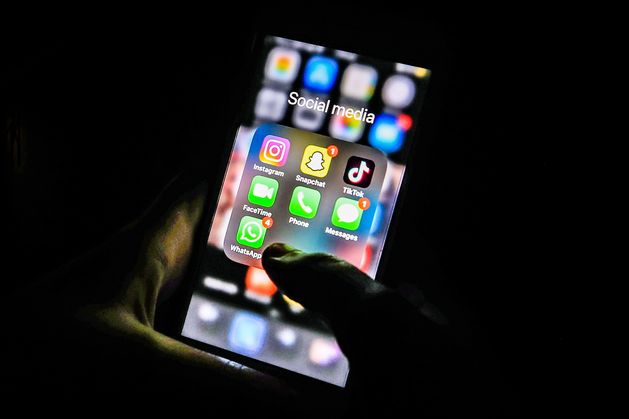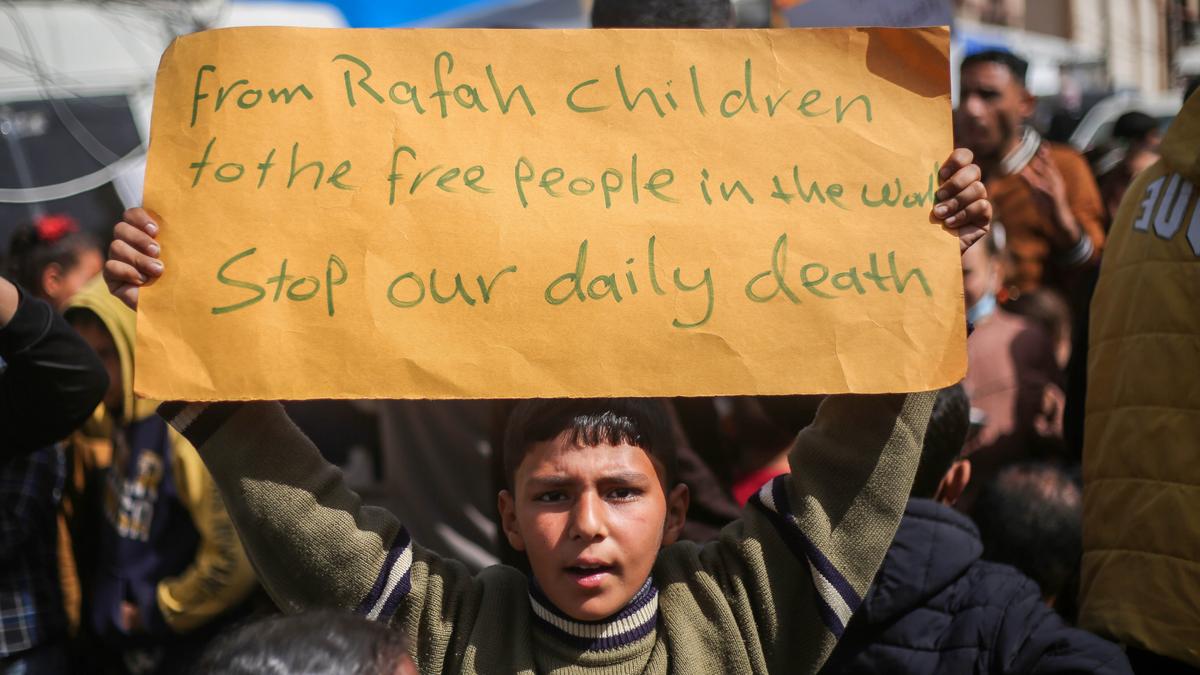Australia Leads the Way: Senate Passes Landmark Social Media Ban for Under-16s
Australia has become the first nation to enact a nationwide ban on social media access for children under 16, a move that marks a bold step in the ongoing global debate about the impact of social media on young minds. The ban, passed by the Australian Senate, reflects growing concerns surrounding the potential mental health risks and addictive nature of these platforms for adolescents. This sweeping legislation comes after a sustained campaign led by state leaders and fuelled by public support, marking a significant shift in how governments are approaching the regulation of the digital world.
A Grassroots Movement Gains Momentum
The push for the ban gained considerable traction after the wife of Western Australian Premier Mark McGowan urged him to take action, highlighting the detrimental effects social media was having on her own teenage son. McGowan’s subsequent call for a national ban resonated across Australia, sparking a nationwide conversation on the issue.
Adding further weight to the movement was a substantial media campaign led by Rupert Murdoch’s News Corp, which published numerous articles and editorials emphasizing the dangers of social media for children. This sustained public pressure ultimately proved instrumental in convincing the Australian government to intervene.
Public Support Fuels Legislative Action
A recent survey revealed that a striking 77% of Australians are in favor of restricting social media access for minors, underscoring the widespread recognition of the potential harms associated with early exposure to these platforms. This strong public mandate provided further impetus for lawmakers to take decisive action.
The social media ban marks a significant departure from previous attempts to regulate online content. While some countries have introduced age verification measures, these have often been met with resistance on privacy and free speech grounds, as well as challenges related to the accuracy and reliability of age-checking technology.
Australia’s approach, however, takes a more comprehensive tack, effectively shutting off access to popular platforms for individuals under the age of 16. The legislation aims to protect children from the potential negative consequences of social media use, including cyberbullying, exposure to inappropriate content, and the development of anxiety, depression, and body image issues.
Potential Impact and Future Implications
As the first country to legislate a nationwide social media ban for minors, Australia is setting a precedent that could have far-reaching global implications. The Australian model could serve as a blueprint for other nations grappling with similar concerns about the impact of social media on youth.
While the ban has been lauded by many as a bold and necessary step, it has also faced criticism from some quarters. Critics argue that the legislation infringes on the free speech rights of young people and may be ineffective in preventing access to social media platforms.
They also raise concerns about the potential for unintended consequences, such as the creation of a black market for underage accounts or the isolation of younger generations from digital spaces where connection and community are increasingly paramount.
Only time will tell whether Australia’s pioneering legislation will effectively protect children from the potential harms of social media. Regardless of its ultimate success, the ban has undoubtedly sparked a crucial global conversation about the role of technology in our lives and the responsibility we have towards safeguarding the wellbeing of future generations.
What are your thoughts on Australia’s social media ban? Do you think this is a necessary step to protect children, or an overreach that infringes on their rights? Share your thoughts in the comments below.
Further Reading
-
[Article on Frances Haugen’s testament on social media’s impact on teenagers](link to relevant article on your website)
-
[Article discussing the US Surgeon General’s recommendation on health warnings](link to relevant article on your website)
- Link to external source: World Health Organization on adolescent mental health

